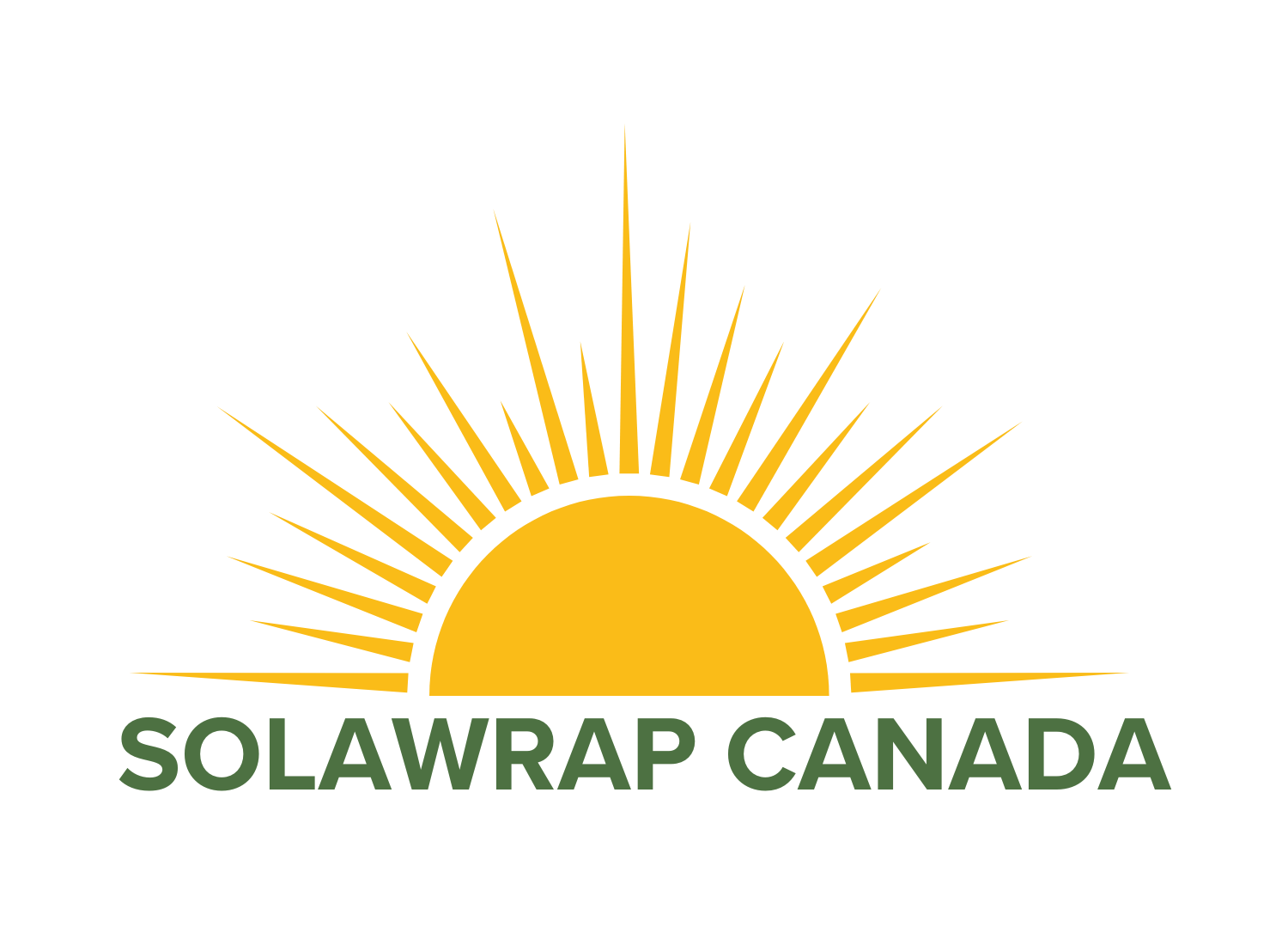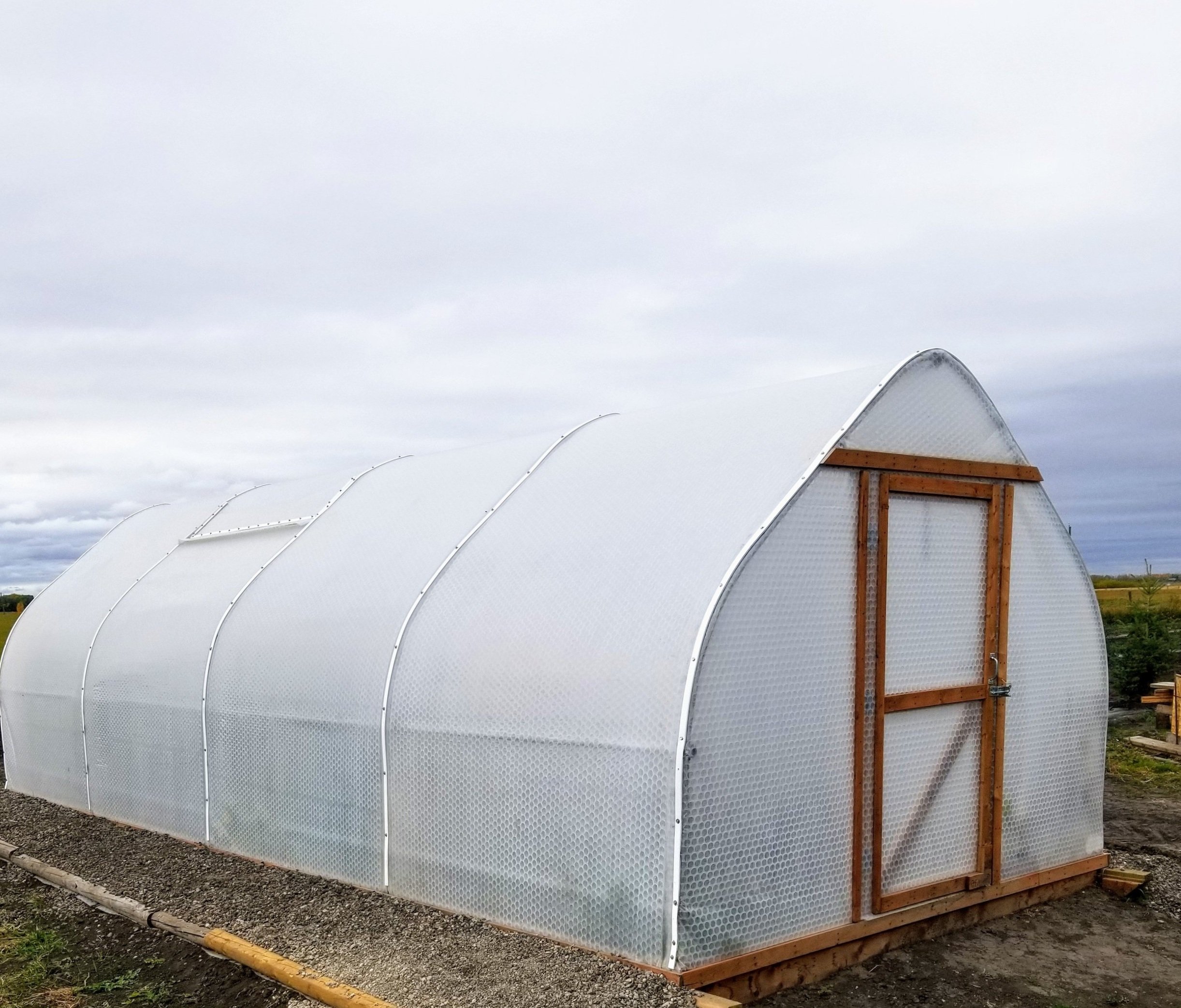Choosing the right Greenhouse - Part Two
/How to choose the right greenhouse for you
Part Two
With so many coverings to choose from, it’s no wonder that you might be confused about what is right for your greenhouse project! Hopefully, in this second part to our choosing a greenhouse series, we can lift the curtain to make these choices seem less daunting. (Part one is here)
There are a variety of factors you will want to consider when choosing the optimal material for your greenhouse skin and these include:
Cost
Light transmission
Impact resistance
Scratch resistance
Longevity
Durability
Ease of installation
Fire retardation
Insulation
Choices!
We’ll take a closer look into each of these options:
Glass, Polyethylene (PE), Polyvinyl Chloride (PVC), Polycarbonate, and Ethylene-Vinyl Acetate (EVA)
Glass
Pros - no fading or discolouration, long lasting, flame resistant,
Cons - No heat protection or diffusion, higher heating/cooling costs, minimal insulation, danger of breakage
Polycarbonate
Pros - sturdiness, protection from sun, light diffusion, insulation properties, lightweight.
Cons - condensation between layers, limited durability (easily damaged by winds) and lifespan (approx 5 years)
Polyethylene
Pros - chemical resistance, flexibility, ease of installation, and excellent UV protection.
Cons - durability: harsh weather conditions (wind, etc) can result in easy damage, need to replace the entire covering if damaged.
Solawrap
(manufactured in Germany by RKW under the product name Polydress® LP-Keder) is a polyethylene film; however, it stands out from other polyethylene films due to its unique triple-layer construction. This brings many additional benefits.
Pros - High transparency, phenomenal diffused light, and a R value of 1.7, very tough and durable, is capable of withstanding hailstorms, heavy snow loads (120 lbs/sq ft) and a 100 mph wind rating. (This article goes into more details about the durability and testing), offers significant energy savings, does not yellow or become brittle with time, modular installation (meaning in the event of damage, only the panel which has sustained damage needs to be replaced.)
Cons - we’re biased so we don’t think there are any! However, all of these benefits do come with a higher price ticket, so that is something to factor in.
Conclusion
We hope you’ve enjoyed this round up of facts about each type of the most common cladding for Greenhouses across Canada. Please reach out to us at solawrapcanada@gmail.com to chat about your greenhouse project plans!







